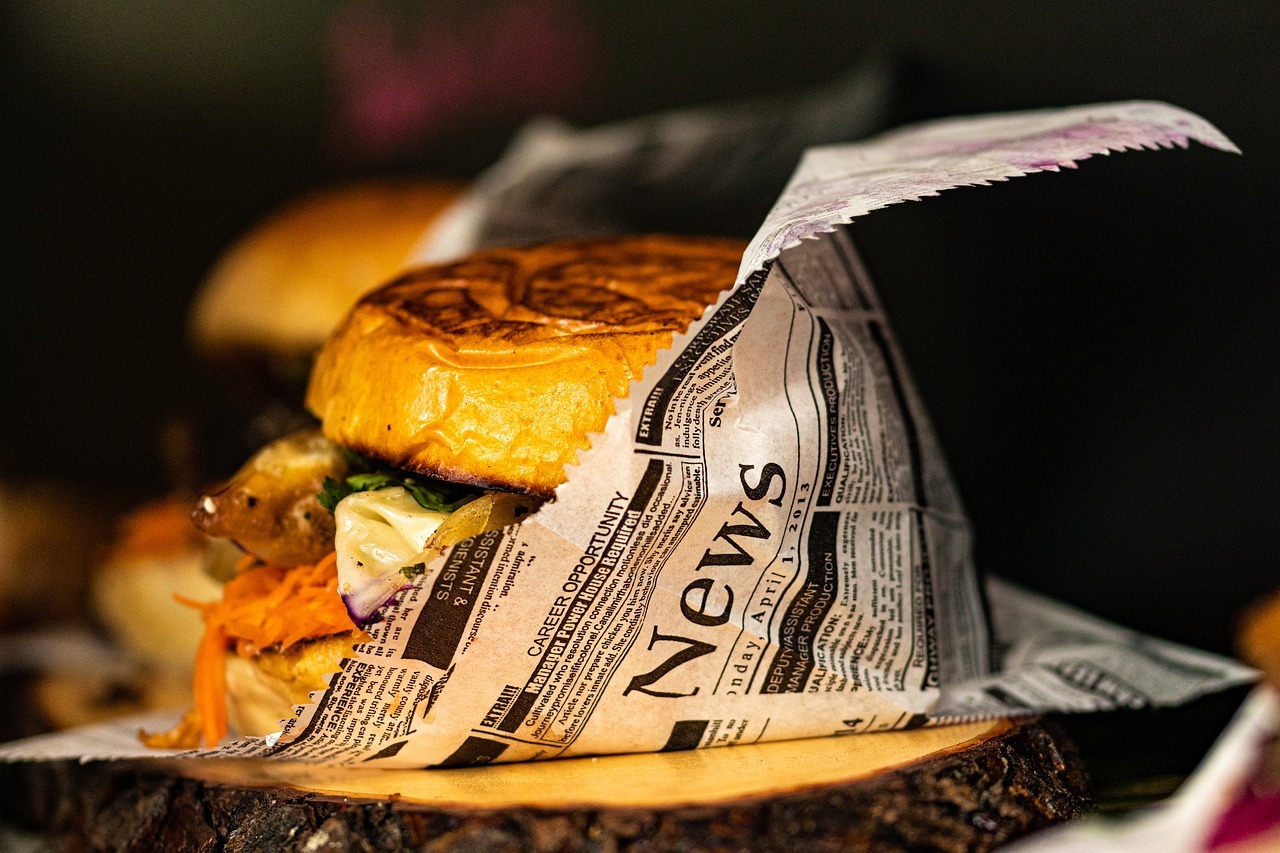The pandemic has pushed through many changes, some of which are likely to stay. That state governments are finally opening up to the idea of liquor e-commerce is one such change. Some states had been toying with the idea, but the crowds seen at liquor vends (when lock-down restrictions were eased), forced the hand of several others. It has, however, not been smooth sailing in any of these states.
One of the first states to venture into online sales was Chhattisgarh. The Chhattisgarh State Marketing Corporation Limited (CSMCL), which manages the supply of liquor in the state, launched its own website and mobile application for online sales. If the app’s rating on the Google Play app store (2.5 on 5 with a majority of 1-star ratings) is anything to go by, it is not going well. Users have reported issues with the registration process, lack of inventory, long delays and order cancellations. In short, a terrible user experience. In West Bengal, the state beverages corporation launched an online sales website, but took a slightly different approach. The website connects users with retail liquor stores within a ten-kilometre radius of their homes and leaves the delivery to the stores. Anecdotally, we have heard that this system is also hit-and-miss with several order attempts going unfulfilled.
Most recently, the Maharashtra excise department allowed stores to home deliver liquor to customers who have a drinking permit. Each store is allowed to hire 10 delivery persons who can carry 24 bottles at a time. Orders can be placed by phone or text message. Reportedly, customers are facing challenges in obtaining online drinking permits, while stores have been struggling to find additional staff and arrange medical fitness certificate for their delivery boys. Delhi’s attempt at creating an online token system for crowd management outside liquor stores was a disaster. The website crashed soon after its launch and even the Delhi High Court noted that the system was unsuccessful at solving for crowds outside liquor vends. The court suggested that for tokens to work, customers should be able to see the inventory available at a store and make payments in advance.
These well-meaning efforts have a common flaw: actors playing roles they should never have been cast for. State governments are not experts in order aggregation or e-commerce platform design. Liquor stores are good at managing inventories and sales, but have no established delivery infrastructure. Customers demand convenience and safety, which is a fair exchange for the huge contribution they make to state revenues. A good casting director could fix this by casting the right actors: technology partners to operate an online marketplace and handle logistics.
In this model, governments should do what they do best. Govern. Their requirements are straightforward. Increased revenues through transparency in sales, an assurance that no spurious liquor is being sold and that no underage customers are serviced, and finally, that delivery persons are safe. This responsibility can be passed on to the online platforms. Liquor vendors are concerned that with online sales, they stand to lose their local customers. This can easily be solved with demarcating areas which each vendor can service. Liquor vendors ought not be bothered with hiring delivery staff and would likely see higher sales with increased customer convenience.
The massive growth in food delivery space is testament to benefits of this model. With order aggregation platforms, restaurants focus on what they do best, and leave the rest to the tech players. Cloud kitchens, which operate with significantly lower overheads, have mushroomed because of this innovation. The government also collects more taxes because of the transparency that this model brings. Everybody wins!
Online marketplaces for liquor vendors and their logistics partners are best placed to do the heavy lifting in such a system. They can digitize and bar-code inventory which gives governments the transparency they seek. They also have more experience with fraud mitigation. They can age-gate during customer onboarding and at point of delivery to prevent underage sales. Geo-fencing can ensure territorial limits are respected. Live GPS tracking plugs holes in the supply chain, ensures delivery person safety and gives customers the ability to track their orders. The scale at which they operate also has them better placed to absorb set-backs from breakage which is a common challenge in liquor transport.
In exchange, platforms should be allowed to charge a fee for their services, be given the freedom to deploy the technological tools they deem appropriate, and not be subject to overregulation. The government should prescribe the minimum standards that they expect from the delivery platforms and leave the rest to them. The Jharkhand government has taken the lead by allowing food aggregation platforms to deliver liquor. Other states should follow their lead. Bringing in the experts will go a long way in making the liquor delivery business safe and sustainable in the long-run. All the world’s a stage. And each actor must play its role (in getting us that chilled beer).
Authored by Aman Taneja, Senior Associate with inputs from Aparajita Srivastava, Principal Associate. For more on the topic, please feel free to reach out to us at contact@ikigailaw.com.









